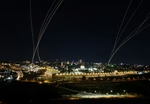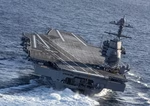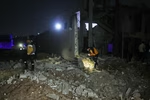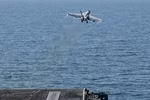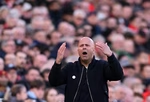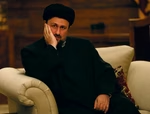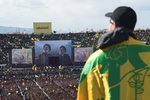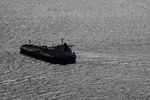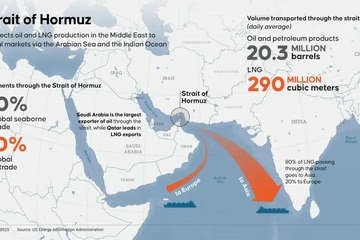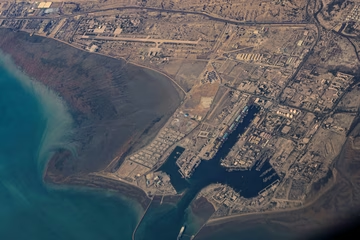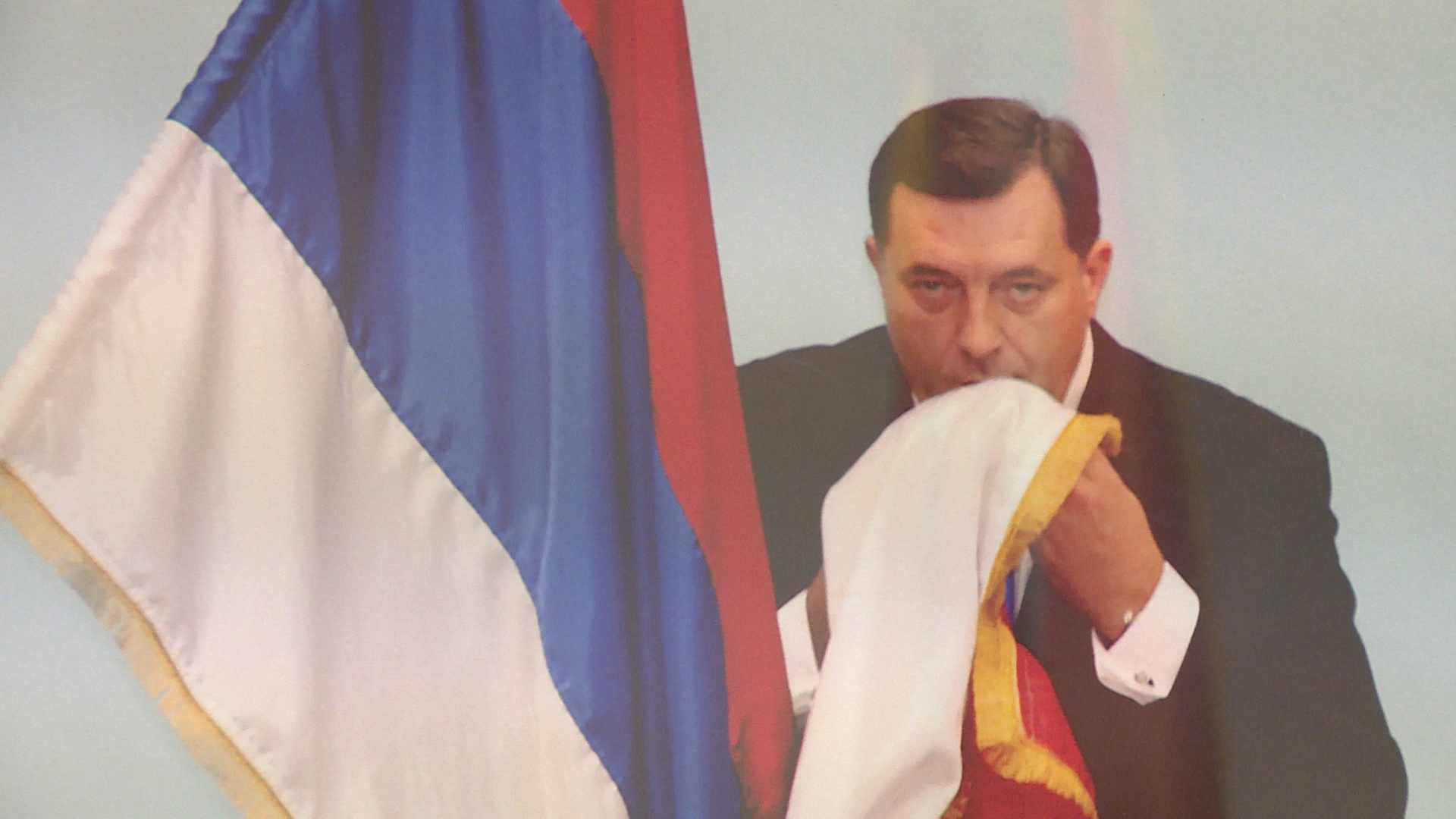
Bosnia’s three Presidency members were supposed to discuss on Tuesday the appointment of the Chairman of the country’s Council of Ministers, which is effectively Bosnia's government, but the meeting was postponed over the presence - or lack thereof - of certain flags in the room.
Bosnia’s Presidency is composed of three members, each representing one of the three ethnic majority groups in the country - Bosniaks, Croats and Serbs.
The country is also composed of two semi-autonomous entities, and the Bosniak and Croat Presidency members are elected from the Federation (FBiH) entity, while the Serb member is elected from the other one, Republika Srpska (RS).
Chairmanship in the institution is designated on an eight-month rotating structure, and currently, the Chairman of the Presidency is Bosnian Serb leader Milorad Dodik, who has been advocating for the secession of Republika Srpska for years.
Immediately after he was inaugurated, Dodik said he is representing Republika Srpska in the presidency and that he wants the RS flag to be displayed there.
He ordered one to be put up in front of his cabinet as soon as he took over the office but the flag was removed as according to the law, only the state flag can be displayed in the common areas of the building.
Not long after, Dodik walked out of a meeting with the Peace Implementation Council, an international body tasked with implementing the agreement that ended the Bosnian war, because of the absence of the RS flag in the room.
Instead of discussing who the new Chairman of Bosnia’s Council of Ministers will be, Dodik and his colleague, Bosniak Sefik Dzaferovic, could not agree which flags will decorate the room.
“In all places, you will always find two identical flags, which are the flag of Bosnia and Herzegovina and of FBiH. If they want to have a session - they should at least remove one and leave the one that symbolises the system of joint institutions,” Dodik later told reporters at a press conference in Eastern Sarajevo.
“I suggested creating a neutral structure, a room with no symbols. Dzaferovic did not accept that,” he said, explaining that that is why he postponed the meeting.
Either Bosnia’s flag should be removed, or the RS flag should be put up in the room where meetings take place in order for the Presidency to function properly, he said.
“I do not want to participate where there is no adequate representation. I was elected in the name of Republika Srpska and the Serb people,” he said, adding that he is “primarily the Serb member of the Presidency” and that his work is in the name of the Serb people.
“I can work tomorrow if one flag is removed,” he said, announcing that he will propose changes to the rules in the Presidency to include the RS flag.
He said that should this not happen, he will attend the meeting via video link from Banja Luka, the administrative centre of the RS.
But Dzaferovic said that the removal of Bosnia’s flag would represent an insult to the state.
“We will never agree to this,” he said. “This is a state institution, and according to the Law on Flags, only the flag of Bosnia and Herzegovina can be there.”
Dodik then postponed Tuesday's meeting and requested that political parties submit proposals for how the Council of Ministers should be filled without prior agreement with the other Presidency members, Dzaferovic said.
The session is to take place on Wednesday “in the same setting as before. Room 30, the flag of Bosnia and Herzegovina.”
Another meeting will also take place in Dodik's cabinet, he said, adding that he will attend it despite there being an RS flag displayed there.
He explained that, according to the law, members of the Presidency may display the flags of their entities in their cabinets, but not anywhere where Bosnia as a state is being represented.
“Any change is damaging to the flag, and in the end, to the state, and I will never accept that,” he said.
Kakvo je tvoje mišljenje o ovome?
Učestvuj u diskusiji ili pročitaj komentare





 Srbija
Srbija
 Hrvatska
Hrvatska
 Slovenija
Slovenija








